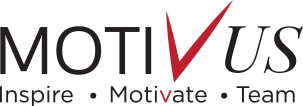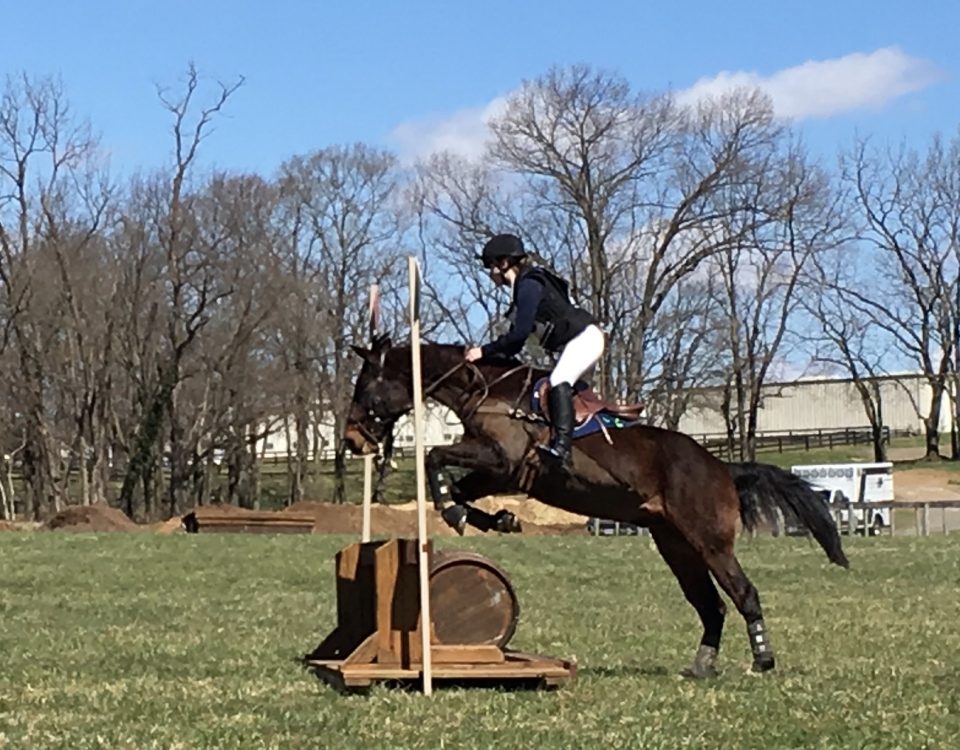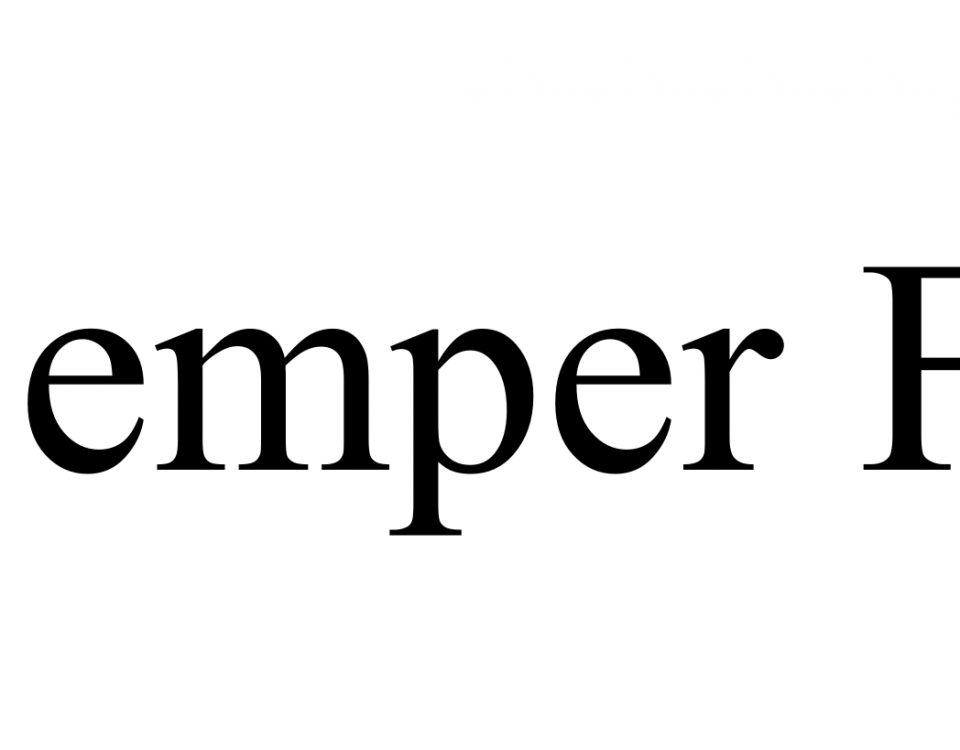Endurance is the First Virtue of a Soldier
“Endurance is the First Virtue of a Soldier. “
“Valor is only second”.
A Napoleon quote, and it acts as the backdrop to my theme today. Work ethic, that tenacity for acting now, is a wonderful virtue. If married with a great attitude, a world class work ethic can and should produce superior results. Whether exhibited by individuals or teams, a strong work ethic bespeaks a developed culture.
Can you control your work ethic? I sure think so. Others agree, not sure how many. I imagine most.
One would be Admiral McCraven, a guy worth searching on YouTube. His graduation speech at Texas has been a hit online for quite some time. I’ve shown it to many people, both informally and as part of presentations. Earlier this week I saw a book review in the Wall Street Journal. Evidently he wrote a small book which reads like a recitation of that speech. You really should look the video up- show your kids.
I’ll use recollections from my high school education to address work ethic. I know this can sound squirrelly, but I like physics. Physics revolves around Newton’s Laws of Motion. They intrigue me. They correspond to human behavior I think. I suspect you are entirely familiar with Newton’s laws and will be all mortified and offended that I feel the need to name them but even so I will.
One is that an object in motion stays in motion. That goes for work ethic. It corresponds to that adage most of us know and believe, that if you need something done, give it to a busy person. Those are the achievers. If you are not busy, you have a problem with priorities. Folks with a work ethic get after it. When you give a task to a busy person, it seems they invariably are able to feather it into their work product. It gets done.
I will grant that busy people might not be pointed in the right direction; after all, some people are consumed by motion yet lack action. There is a difference between motion and action. (Goal setting and prioritizing are entirely different topics, albeit important) I don’t confuse motion with work ethic and I hope you don’t either.
Another of Newton’s Laws essentially states an object at rest stays at rest. People or teams that don’t exhibit a work ethic need a catalyst, some agent of change. Otherwise they stay at rest.
And indeed that agent of change reflects the Third Law, that any action creates an equal and reverse reaction. Same strength.
So a strong catalyst has a greater impact than a weak catalyst. We take these things for granted, but that’s because………wait for it…………… they are Laws of Motion!
I think another example of this Third Law of Motion is captured in another quote from Napoleon. He said a soldier would fight long and hard for a brightly colored bit of cloth.
Think about that. That with the conditions of being a soldier in his day, Napoleon could highly motivate his men with the specter of not merely that ribbon, but what it represented. Napoleon, it seems, was a master motivator. I think the connotation of Napoleon today is that of a man with a Waterloo, or that we vaguely know he was exiled to Elba as he was put out to pasture. He is a loser/loner combo. Yet how this fails to capture what he achieved!
Sorry for the tangent; back to work ethic.
Work ethic is best deployed when it is applied with this constant mantra: “What more can I/we do?”
That question addresses not just volume, how much you do, but the aforementioned goal setting. What is the goal and are we truly pursuing it? I will submit that VERY often we see intent as the motivator, with an incredible and total disregard to results. So often, people overlook their results because their intent was at least correct. As long as they maintain pride in the intent, they can ignore the results.
I’ll throw out a firebomb as an example. The Great Society introduced by LBJ years. What was it supposed to do? In particular, what was it supposed to do, designed to do, for the black family? While there was talk about other constituencies, the black family was THE targeted group to be helped.
Compare statistics for black families today versus the early 60’s. Which timeframe offers fractured families, loss of faith, single unwed teenage pregnancies, drug abuse, gang participation, impossibility of a job for an 18-year-old black man, really substandard reading and math levels?
A disaster in front of our eyes. We have absolutely shoveled money at the underperforming schools as an example. How has that worked out? Does it continue? The world’s most expensive elementary schools produce the worst results, and the answer typically is presented as a need for more money.
Do these programs still intend to help? Well sure. Hey, at least their hearts are in the right place. So stroke a check. And keep passing kids who cannot read, can’t write, and do not know their multiplication tables.
But whisper that we spend enough on schools and get ready for high heat. As they say in baseball, chin music. Fastballs to the head.
Positive behavior is the goal when using this Third Law, as we fully understand the impact of an action. Does it cause the reaction we want? Then, do we provide positive reinforcement? Positive reinforcement for any behavior begets more of that behavior. Important- don’t provide positive reinforcement for any behavior you don’t want more of. Because if you reward it, you will get more of it.
The constant self-evaluation of “What More can I/We Do” drives a work ethic. The constant occurrence of small achievements becomes very motivating. It motivates the achiever big time, but it also has positive impacts on those in the achiever’s orbit. She/he brings up the performance of those in the same sphere. Maybe not always; there are exceptions to most rules. Yet generally, a colleague who brings it, so to speak, puts positive tension on others to step forward.
I hope endurance is one of your virtues. Exhibiting a work ethic, with the tenacity to act now, drives success.





